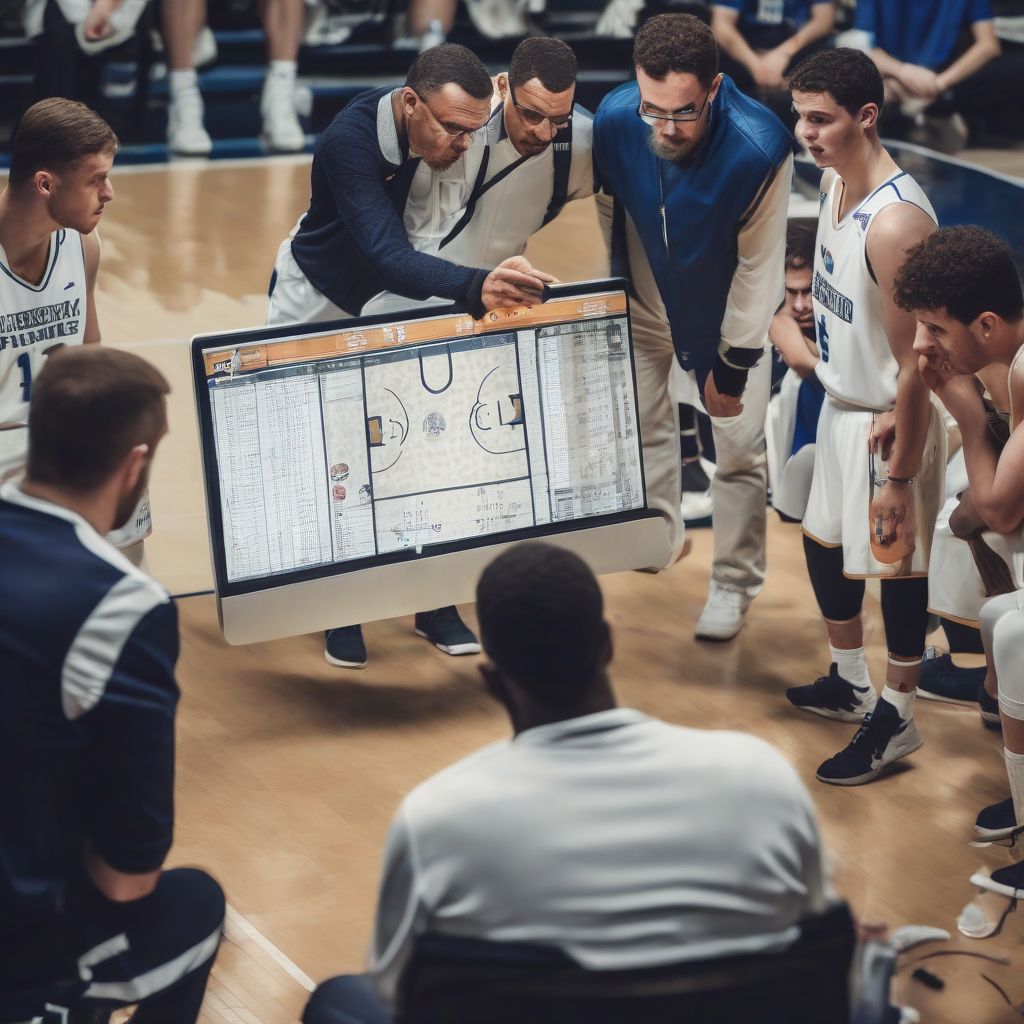Imagine the roar of the crowd, the tension in the air, the final seconds ticking down. A sporting event is a symphony of action, a narrative unfolding in real time. But how do we dissect those crucial moments, those turning points that shift momentum and determine the outcome? Whether you’re a coach looking to analyze performance, a journalist crafting a compelling story, or a fan wanting a deeper understanding of the game, breaking down key moments is essential. This article will equip you with the tools and insights to do just that.
Understanding the Context
Before diving into specific moments, establishing context is crucial. This includes understanding the sport itself, the teams or individuals involved, and the overall narrative of the event. Consider these factors:
The Rules and Strategies
Every sport operates under specific rules and strategies. A key moment in baseball, like a stolen base, holds different weight than a key moment in basketball, like a blocked shot. Familiarize yourself with the nuances of the game.
Team Dynamics and Player Performance
Knowing the strengths, weaknesses, and playing styles of the teams or individuals involved is essential. A seemingly minor play can be a game-changer if it exploits a known vulnerability.
The Stakes
The importance of an event adds another layer of context. A regular season game carries different weight than a playoff match or a championship final. The pressure and intensity associated with higher stakes can significantly impact player performance and the overall flow of the game.
 Analyzing Key Moments in Sports
Analyzing Key Moments in Sports
Identifying Key Moments
Key moments aren’t always obvious. They can be dramatic, like a last-second goal, or subtle, like a crucial defensive play. Here’s what to look for:
Momentum Shifts
A shift in momentum can be palpable. It’s the moment when the energy of the game changes, and one team starts to gain control. These shifts can be triggered by a scoring run, a forced turnover, or a change in tactical approach.
Game-Changing Plays
These are the plays that directly impact the score or significantly alter the course of the game. A touchdown, a home run, a penalty kick save—these are the moments that etch themselves in memory.
Psychological Turning Points
Sometimes, a key moment isn’t about a specific play, but a shift in the mental game. A player gaining confidence, a team losing composure, or a coach making a crucial substitution can all be psychological turning points that impact the final outcome.
Analyzing Key Moments
Once you’ve identified the key moments, it’s time to analyze them in detail. Consider these aspects:
The Immediate Impact
What was the immediate result of the moment? Did it lead to a score, a change in possession, or a penalty?
The Long-Term Impact
How did the moment affect the rest of the game? Did it shift momentum permanently, force a change in strategy, or affect player morale?
The Contributing Factors
What factors led to the key moment? Was it individual brilliance, a tactical masterstroke, or a lucky break? Analyzing the contributing factors provides a deeper understanding of the game.
Tools and Techniques for Analysis
Several tools and techniques can enhance your analysis of key moments:
Video Replay
Slow-motion replays allow you to dissect every detail of a play, from player positioning to body language.
Statistical Analysis
Statistics can provide valuable insights into player performance, team tendencies, and the effectiveness of different strategies.
Expert Commentary
Listening to expert commentators can offer valuable perspectives and insights you might have missed. They can often point out subtle details and explain the strategic implications of key moments.
 Sports Strategy Analysis
Sports Strategy Analysis
Applying Your Analysis
Breaking down key moments is valuable for a variety of purposes:
Coaching and Player Development
Coaches can use analysis to identify areas for improvement, refine strategies, and provide targeted feedback to players.
Sports Journalism
Journalists can use their analysis to create compelling narratives, provide context for readers, and offer expert opinions.
Fan Engagement
Fans can deepen their appreciation of the game by understanding the nuances of key moments and the strategies employed by teams and players. As legendary basketball coach John Wooden supposedly said, “It’s the little things that are vital. Little things make big things happen.” This couldn’t be truer when analyzing sporting events.
Conclusion
Breaking down key moments in a sporting event is more than just identifying exciting plays. It’s about understanding the intricate interplay of strategy, skill, and psychology that shapes the outcome. By developing a keen eye for detail and utilizing the tools and techniques outlined above, you can gain a deeper appreciation for the complexities of sport and the moments that define it. What are some of your favorite key moments in sports history? Share your thoughts and experiences in the comments below, and let’s continue the conversation! Also, don’t forget to share this article with fellow sports enthusiasts who want to elevate their understanding of the game.



